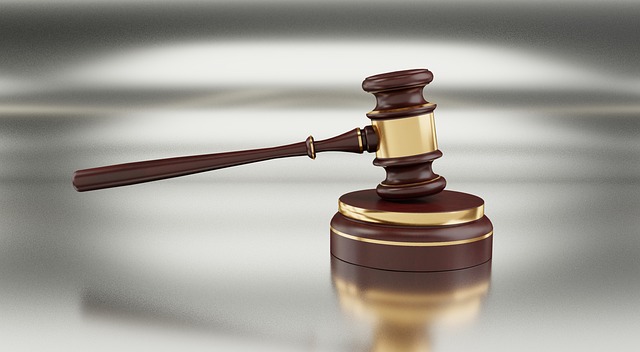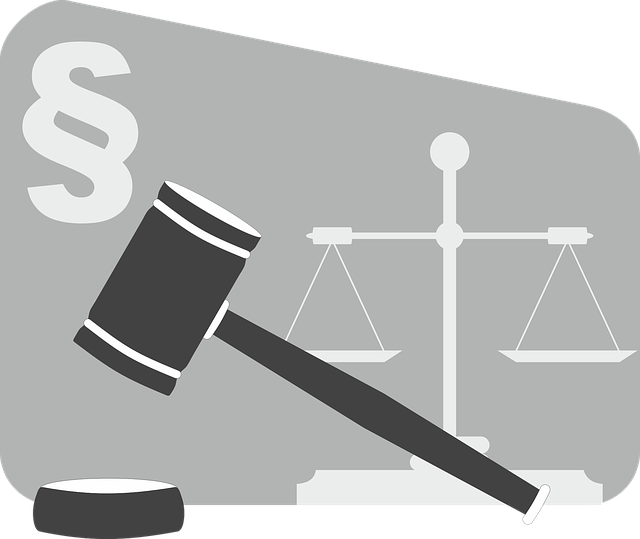Understanding Regulatory Law Litigation Stages is crucial for both corporate and individual clients facing complex disputes from government agency regulations, covering sectors like healthcare, finance, and environmental protection. The process begins with identifying violations and gathering evidence, followed by pre-trial activities including negotiations, discovery, motions, and hearings. Mastering these stages, from filing a complaint to the trial phase, is key for achieving fair outcomes in intricate cases like white-collar defense. Legal professionals can strategize more effectively by studying successful defenses and charge dismissals in past cases.
Discover the intricate world of litigation with our comprehensive guide. From navigating complex Regulatory Law Litigation to exploring common case types, this article offers an in-depth look at legal disputes. Learn about the various litigation stages, understanding each step is crucial for both plaintiffs and defendants. Gain valuable insights into how these processes work and what to expect, empowering you with knowledge in Understanding Regulatory Law Litigation Stages.
- Navigating Regulatory Law Litigation: An Overview
- Uncovering Common Types of Litigation Cases
- The Stages of Legal Disputes: A Comprehensive Guide
Navigating Regulatory Law Litigation: An Overview

Navigating Regulatory Law Litigation provides an in-depth look into a complex legal landscape. This type of litigation involves disputes arising from regulations established by government agencies, which cover a wide range of sectors including healthcare, finance, and environmental protection. Understanding the stages of this process is crucial for achieving extraordinary results in these cases.
The initial stage involves identifying the regulatory violation and gathering evidence to support the claim. Throughout the country, legal experts specializing in general criminal defense play a pivotal role in guiding clients through this intricate process. Once the complaint is filed, the case progresses to pre-trial activities, including negotiations, discovery, and motions. This phase demands meticulous attention to detail and strategic planning to ensure a robust defense or prosecution.
Uncovering Common Types of Litigation Cases

In the realm of legal disputes, understanding different litigation types is essential for both corporate and individual clients navigating the complex landscape of regulatory law. Uncovering common types of cases allows for better preparation and strategic planning during the various stages of litigation. One significant category includes regulatory law disputes, which often arise from non-compliance with governmental rules and regulations. These can range from environmental violations to industry-specific standards, and their outcomes can have profound implications.
For instance, cases involving winning challenging defense verdicts highlight the importance of robust legal representation. Corporate entities may face charges related to consumer protection, antitrust, or securities fraud, requiring a meticulous defense strategy. Similarly, individuals accused of white-collar crimes need to build a compelling defense to achieve a complete dismissal of all charges. By studying these litigation types and their stages, legal professionals can better serve their clients, ensuring fair outcomes in even the most intricate corporate and individual cases.
The Stages of Legal Disputes: A Comprehensive Guide

Legal disputes often traverse a structured path, known as the litigation stages, which can vary slightly depending on jurisdiction and the type of case. Understanding these stages is crucial for anyone navigating regulatory law or seeking to achieve extraordinary results for his clients in complex matters, such as white-collar defense.
The initial stage involves filing a complaint or petition, where a party outlines their claims and seeks legal redress. This is followed by service of process, ensuring the defendant is properly notified. The answer or response phase allows defendants to counter the allegations, presenting their defenses and arguments. Discovery then ensues, a critical period where both parties exchange evidence, interrogate witnesses, and gather information essential for building their cases. Pre-trial activities, including motions, hearings, and negotiations, precede the trial, where a judge or jury ultimately decides the outcome based on presented facts and applicable laws.
Understanding the various stages of regulatory law litigation is crucial for both legal professionals and individuals involved in such disputes. By familiarizing themselves with the comprehensive guide presented in this article, readers can navigate the complexities of legal conflicts more effectively. From identifying common types of cases to comprehending the intricate process, each step plays a vital role in achieving a favorable outcome. Remember that knowledge is power, especially when it comes to mastering the art of litigation.






